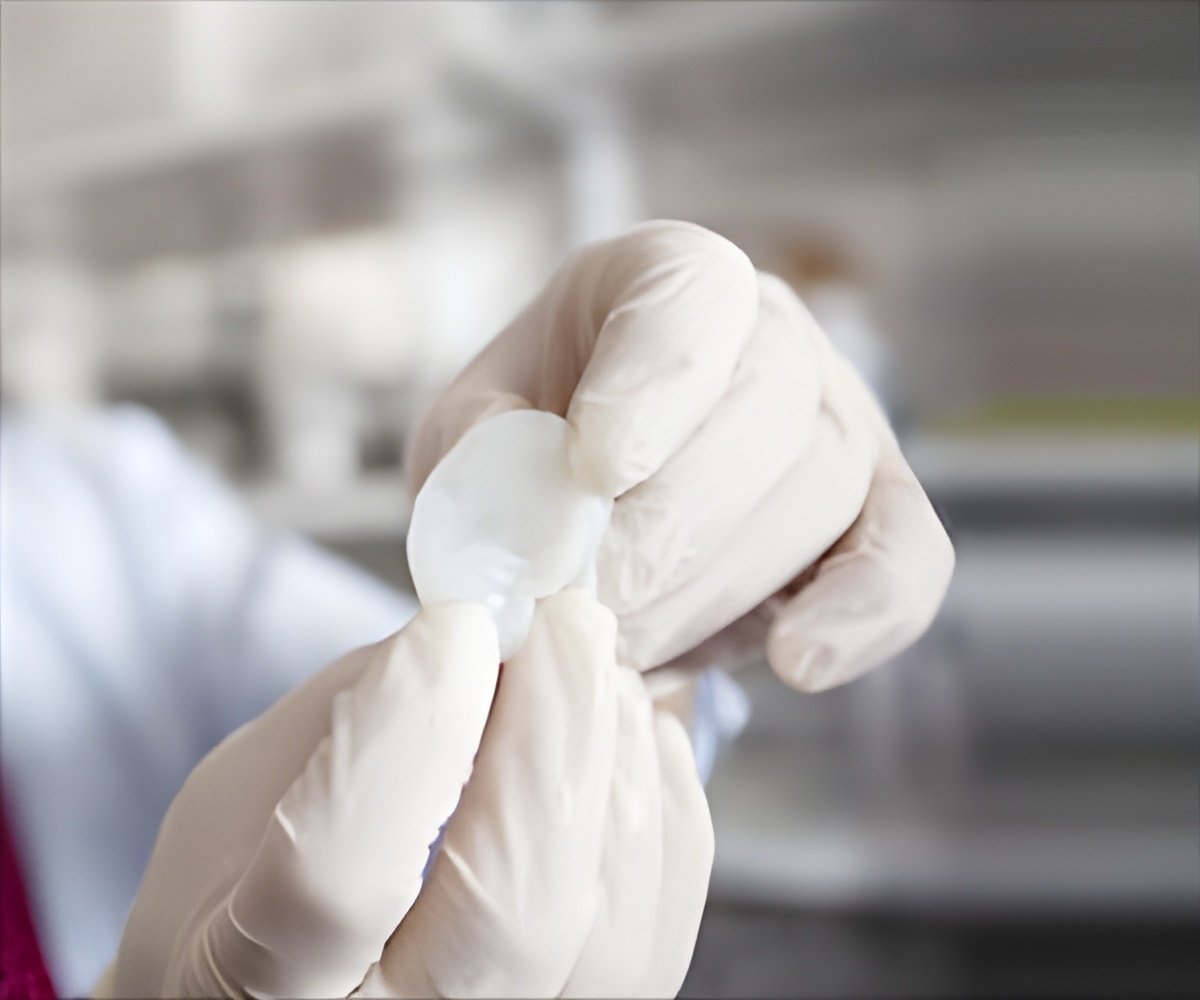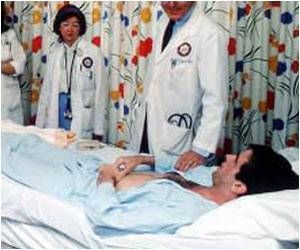MRI images of embryonic hearts are 3D bioprinted with unprecedented resolution and quality out of very soft materials like collagen, alginates and fibrin.

Traditional 3D printers build hard objects typically made of plastic or metal, and they work by depositing material onto a surface layer-by-layer to create the 3D object. Printing each layer requires sturdy support from the layers below, so printing with soft materials like gels has been limited.
"The challenge with soft materials -think about something like Jello that we eat -is that they collapse under their own weight when 3D printed in air. So we developed a method of printing these soft materials inside a support bath material. Essentially, we print one gel inside of another gel, which allows us to accurately position the soft material as it's being printed, layer-by-layer," said Feinberg.
One of the major advances of this technique, termed FRESH, or `Freeform Reversible Embedding of Suspended Hydrogels', is that the support gel can be easily melted away and removed by heating to body temperature. Feinberg's group, has been able to implement their technique on a range of consumer level 3D printers, which cost less than $1,000.
3D-printed teeth kills bacteria on contact
Researchers have developed 3D printed teeth and orthodontic braces that can kill bacteria, without causing any harm to human cells. Andreas Herrmann of University of Groningen in the Netherlands and his colleagues have developed an antimicrobial plastic, which allowed them to 3D print teeth that also kill bacteria. "The material can kill bacteria on contact...", said Hermann.
Advertisement








